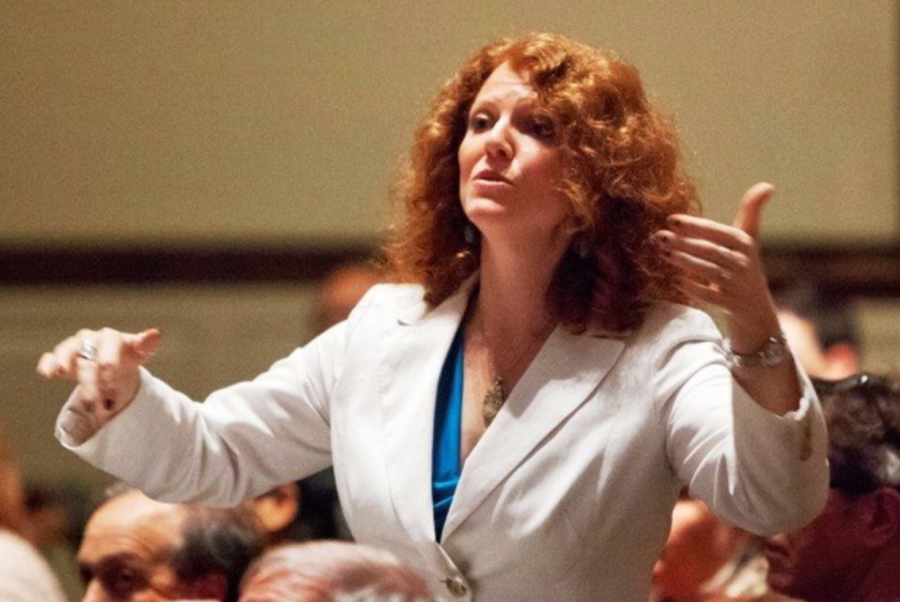Lafayette recently received a four-year, $500,000 grant designed to further the intersection between arts and technology on campus. The grant, awarded by the Sherman Fairchild Foundation, will fund the transformation of studio space on campus and will be used to invite professionals to campus.
Associate professor of music and former director of the arts Jennifer Kelly said that Lafayette was approached by the Sherman Fairchild Foundation to apply for the grant. The foundation’s purpose, as listed on its website, is to place an “emphasis on higher education and fine arts and cultural institutions.”
Kelly was warned that the grant was very competitive. Despite this uncertainty, the Lafayette applicants created a strong proposal arguing for Lafayette as the top contender. While COVID-19 delayed the application process for a year, Kelly said that the extra time definitely aided the application.
“It was beneficial for us because we learned so much about technology during the lockdown,” Kelly said. “Our capacity and the students themselves learned how resilient we are and how to rise up and adapt.”
Kelly explained that this knowledge was used to update and modify the grant. The updated proposal advocated for the expansion of academic departments based on rapidly changing technology. The proposal included a renovation of the current digital music lab into a fully functioning production studio and the creation of a digital imaging studio focused on VR and advanced work with digital images. These are just two technological advancements the grant provides the college. There will also be a culminating arts festival in 2026, according to Lafayette Communications.
Kelly also emphasized how this grant affects students throughout campus. Students will be given the space for individual projects, thus creating intersectionality between disciplines.
“Many people work with technology to some degree,” Kelly said. “This grant helps the arts have those conversations, and invites other community members to engage in the discussion. Now we are all involved and can collaborate.”
President Nicole Hurd said she was “absolutely thrilled when we won that grant.”
“[The grant creates] these wonderful synergies between art and technology and also makes sure that all of our students have access to either participate or engage in the arts while they’re here for years,” Hurd said.
Another positive effect of the grant will be its attraction to outside experts and innovators, who can come to the new spaces and talk to students.
“Through this grant, we can meet students where they are and then push boundaries,” Kelly said. “We want to go farther than we initially thought it was possible to go. Practice being comfortable with the uncomfortable, and places we didn’t know we could go before are suddenly achievable.”
According to the aforementioned Lafayette Communications article, other professors who assisted in grant application were associate professor of art Karina Skvirsky, assistant professor of film and media studies Katherine Groo, instructor of music technology Chris Badami, technical director in theater Alexander Owens, theater professor and department head Suzanne Westfall, associate professor of music and director of bands Kirk O’Riordan and associate professor of art Nestor Gil.

























































































































